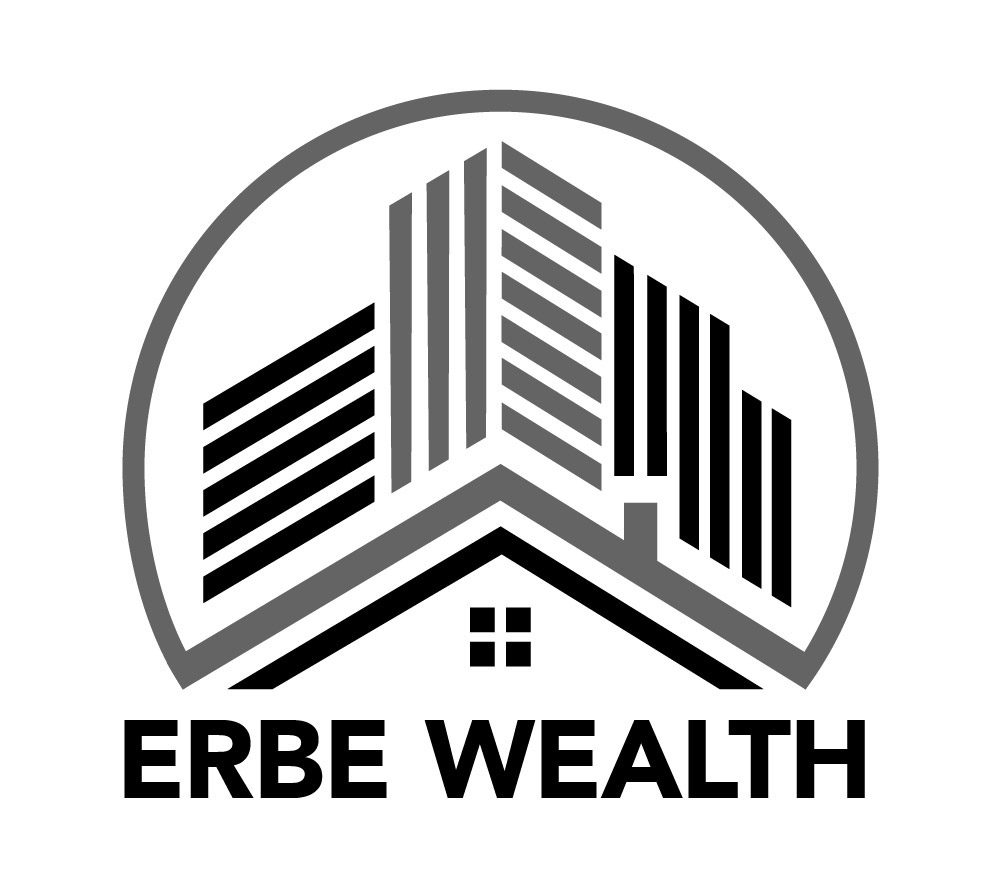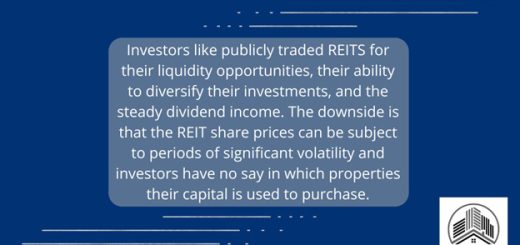Questions to Ask a Prospective Sponsor
by Erbe Wealth · Published · Updated
What are the top 7 questions to ask a sponsor in a real estate syndication?
Well, you might ask, what is a sponsor in a real estate syndication?
A sponsor is the professional person/team that finds the property, does all the due diligence, gets the financing, presents it to their investors, raises the money, but most importantly, closes and operates this property to be profitable and meet the expectations of the investors.
For us, the investors are our number one priority. I get a lot of prospective investors who ask me what questions they should ask a sponsor. This is often because the investor is new to it, or they just really don’t understand what they should ask in order to find a good sponsor.
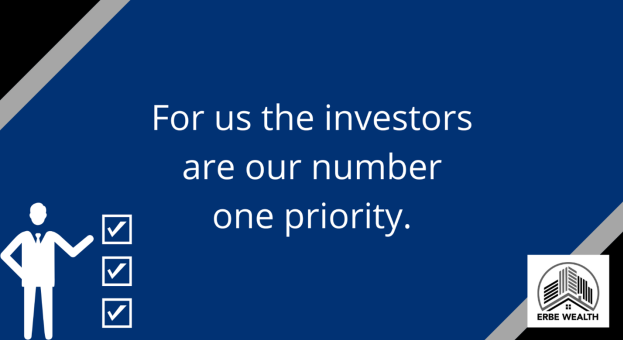
Here are the top 7 questions to ask your prospective sponsor:
The first one is what is the sponsor’s track record?
And that’s a very important question that will let you know how long they’ve been doing this and what kind of market cycles have they been through?
The second question to ask is if they’ve ever lost money for their investors?
Some prospective investors are shy and not comfortable asking the hard questions, but this is important. Have the sponsors ever lost any money?
If not, have they ever had a capital call involved in a deal they have been involved in? A capital call is where the sponsor makes an error, and the project runs out of money, so the sponsor will need to come back to ask the investors for more.
The third question is about the market.
What kind of experience do they have in the market where they purchase the investment property they want you to invest in?
The fourth question you need to ask is how and when are distributions paid?
Distributions are the monthly income you get as an investor in a syndication, and it’s different for every syndicate out there.
We like to pay our investors monthly because it’s important to us that our investors are reminded monthly that: “hey, this investment is great, and my sponsors are making money for us. Here it is on the same day every month.” But some syndicators pay distributions once a year or once a quarter. So that’s really important to know when that will be to set your expectations on that.
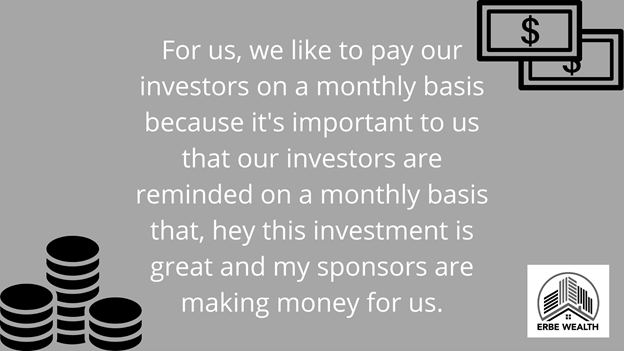
The fifth question is, what kind of fees are associated with their investment?
There are lots of fees that are associated with this type of investing. Now the fees are actually not a bad thing, but it is important for you as an investor to understand the fees.
You need to think of a syndication differently in determining the experience of who you’re working with and their track record because they need to get paid for the service they’re providing you—primarily getting access to institutional quality investments that they make available for the individual investor.
The main fee you see in a syndication will be the acquisition fee. That’s typically between one and five percent, depending on the complexity of acquiring the property. That is the fee that the sponsor and their team get paid for acquiring the property. Again, that’s usually between one and five percent on average. I see that three or four percent seems to be where that fee falls most of the time.
Then there’s the asset management fee that’s usually one and a half percent. That’s our fee for watching the property, looking over the reports, and just being sure that it is running the way that we’re projecting it to run.
But, you know, the question I get a lot is: okay, if these are your fees, are they taken out prior to what you’re promising me?
If you promise me a 20 percent annualized rate of return, are your fees taken out on top of that or is that a net annualized return? For us, those fees are taken out before we project your return. And so, if we are promising you a net return of 20 percent, that’s what you are getting. There aren’t fees that are going to come out on top of that.
The sixth question:
What are the risks you see in this particular investment, and how are you and your team planning to mitigate them? How has your team put things into place to address worst-case scenarios?
The answer to that question can be all over the board, just depending on what we’re investing in and where it is. But I can tell you that we do layers and layers and layers of risk mitigation. We are extremely cautious. We do a huge deep dive into our markets. We tend to invest in the same markets again and again because we really understand them and the dynamics in those areas and what’s happening. 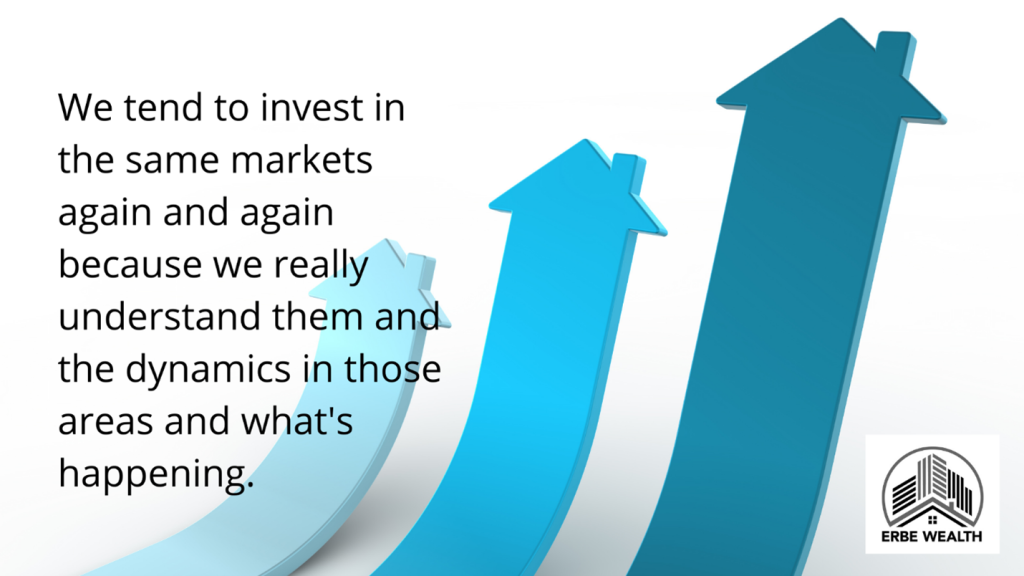
Now, if someone comes back and says, “Oh, there’s no risks here, I guess my ears would perk up a little. As someone that you’re looking to work with, you want to know that they’ve really analyzed this investment, they have seen it from all angles, and they understand all of the things that could possibly go wrong. If they aren’t prepared to answer that question to your liking, I’d say it is time to move on.
The seventh and final question is how do you communicate with your investors?
A lot of people don’t ask this question, but it is huge. I come across so many people who invested their money in a syndication a year ago, two years ago, three years ago, and they have not heard anything from their operator.
But for us, we are hugely committed to being transparent to our investors. It is the most important thing to us, so we communicate with our investors on a monthly basis. We produce a report that you get sent at the end of every month.
The report will show you everything that’s going on at the apartment on that month. What I really love is you’re going to see the income coming in and the expenses going out. You’re going to actually see copies of our bank statements.
So those are just really important things for us because we want our investors to feel that we’re transparent. And that’s what this is all about: building trust, a long-term trust.
